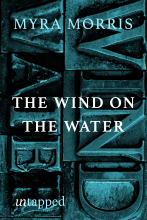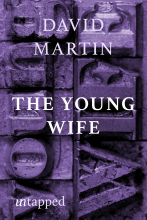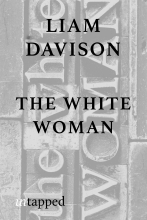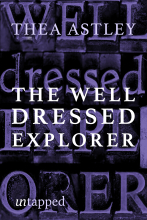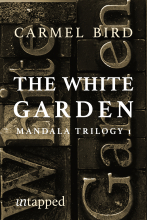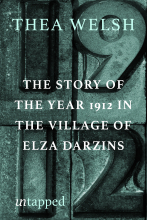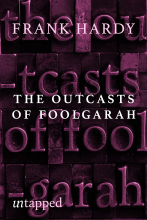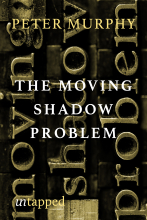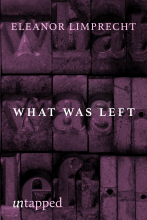
What Was Left
by Eleanor Limprecht
Ligature
untapped
genre Literary Fiction
Rachel knows she’s not feeling the way she should about her new baby—the way she’d imagined she would—but no one wants to talk about it. Desperate and afraid she’ll do something terrible, she makes a radical decision: to leave the country in search of her father, who left when she was a child and from whose desertion Rachel’s never recovered. Will she find him? Will she find answers? Will answers lead her back to baby Lola and her bereft husband?
‘What Was Left takes us into territory that is still taboo – a mother leaving her child. This unsentimental and utterly honest account of what it is to struggle with becoming a parent is also a wonderfully absorbing read, a novel that I couldn’t wait to get back to each time I put it down.’ — Georgia Blain
‘You don’t need to have given birth to sympathise with Rachel’s predicament. Her perceived failure at being the perfect mother highlights many impossible pressures placed on women today. Rachel’s longing to escape means What was Left also succeeds as great travel fiction. Limprecht’s accomplished prose richly evokes the landscapes of India, Europe and the US, while also capturing the essence of Sydney. An exceptionally talented writer…’ — Emily Laidlaw, Books + Publishing
First published in 2013, What Was Left was shortlisted for the ALS Gold Medal in 2014. It went out of print with the closure of its original publisher, Sleepers Publishing.
Eleanor Limprecht is an essayist, short story writer, reviewer and novelist. She is the author of What Was Left (2013), Long Bay (2015), also in the Untapped Collection, and The Passengers (2018). Her new book, The Coast, will be published in 2022. For more information visit www.eleanorlimprecht.com.


